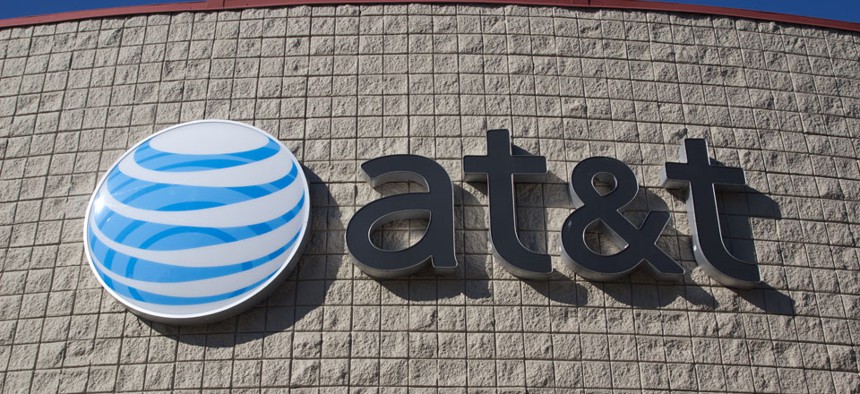U.S. Spied on More Than 300,000 AT&T Customers in 2013

Rob Wilson/Shutterstock.com
Like Verizon, the telecom titan received far more requests for customer data than Internet companies did.
AT&T received 301,816 demands for customer data from local, state, and federal law-enforcement officials in 2013, the company announced Tuesday in its first-ever transparency report.
AT&T's report comes a month after Verizon announced comparable numbers, making it the first major phone company to divulge such detailed statistics on the government's access to customer records.
Like Verizon, the number of data demands received by AT&T trump those issued to Internet companies such as Google and Microsoft.
The telecom giant also released, in government-mandated bands of 1,000, the number of surveillance requests it fielded in 2013. The government last year sent AT&T between 2,000 and 2,999 national security letters that affected between 4,000 and 4,999 accounts.
Between Jan. 1 and June 30 of last year, AT&T also handled between zero and 999 requests for customer content as prescribed under the Foreign Intelligence Surveillance Act, which collectively encompassed between 35,000 and 35,999 accounts. Additionally, up to 999 requests for non-content were processed during the same period, which involved up to 999 accounts.
Internet companies including Google and Facebook have pushed for the right to disclose more information about government surveillance of their users. The telecom giants have been more muted in their calls for greater transparency.
President Obama last month announced a package of government-surveillance reforms that includes a controversial effort to move the storage of phone records from within the government to the purview of phone companies or some hypothetical, undefined third party. The telecom lobby has expressed skepticism about the former idea, while the latter remains largely speculative.
San Francisco-based CREDO Mobile became the first telecom service to release a transparency report on government data requests in early January.
(Image via Rob Wilson / Shutterstock.com)
NEXT STORY: Automated passport system expands






